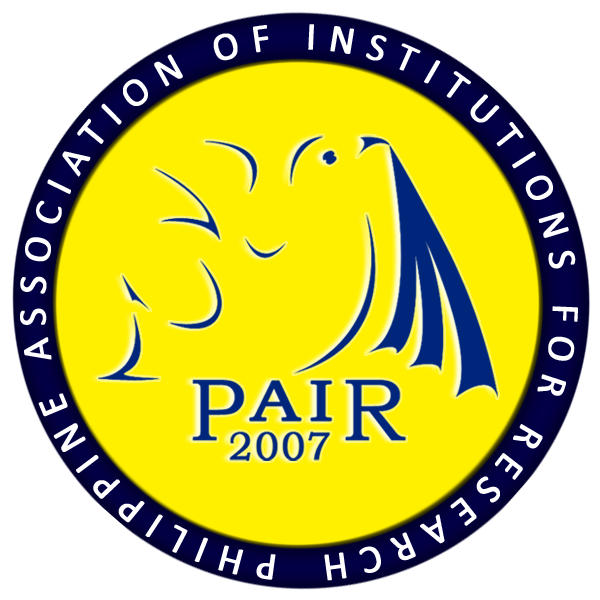The Effects of Hybrid Work Model on Employees and Staff’s Work Productivity: A Literature Review
DOI:
https://doi.org/10.7719/jpair.v50i1.537Keywords:
Institutional Research, attribution theory, effects, hybrid work model, well-being, collaboration, innovation, review of literature, employees, higher education institution, PhilippinesAbstract
COVID-19 had remarkable effects on different sectors and industries that pushed them to cope and adjust to the abrupt change in all facets globally. Including universities and colleges, management prepared an effective action plan in response to the current crisis. Institutions decided to adopt the hybrid work model where employees, including the management and educators, work by turns from home or remotely and on-site. The study uses the literature review to investigate available scientific literature on the possible effects of the hybrid work model on the employees' work productivity, specifically in a higher education institution. The sources and references came from research databases such as Google Scholar, the Open Access Directory Journals, and other websites. The results suggest that employees should feel and experience positive well-being, a sense of belongingness in terms of collaboration, and continuous innovation to cope with the new set-up of hybridity, which will not compromise their work productivity.
Downloads
References
Abdalkrim, G. M. (2013). The impact of strategic planning activities on private sector organizations performance in Sudan: An empirical research. International Journal of Business and Management, 8(10), 134.
Downloads
Published
Issue
Section
License
Copyright (c) 2022 Jinella Marie M. Castaneda, Genaro V. Japos, Wenifreda R. Templonuevo

This work is licensed under a Creative Commons Attribution-NonCommercial 4.0 International License.
Open Access. This article published by JPAIR Multidisciplinary Research is licensed under a Creative Commons Attribution-Noncommercial 4.0 International (CC BY-NC 4.0). You are free to share (copy and redistribute the material in any medium or format) and adapt (remix, transform, and build upon the material). Under the following terms, you must give appropriate credit, provide a link to the license, and indicate if changes were made. You may do so in any reasonable manner, but not in any way that suggests the licensor endorses you or your use. You may not use the material for commercial purposes.




















